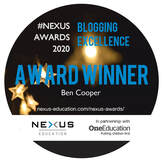|
What does mastery and depth of knowledge actually look like and how can we promote it in a fun and engaging ways? To put it short, children should have a solid understanding of what they have learnt and be able to recall facts, use skills and understand concepts permanently. To allow children to develop this solid understanding, children should be using and applying and evaluating their learning. Here are our top 5 activities to promote mastery skills and deepen understanding in your classroom!
Show Learning In A Different WayOnce a child has completed an activity or you believe they have a good understanding, give them an opportunity to show their learning in a different way. In Maths, children can move from completing calculations to representing the calculations with pictures or concrete materials. By providing different types of resources (counters and cubes etc) you are giving children a chance to show their learning in a variety of contexts. In English, asking children to re-write a paragraph for a slightly different purpose will allow you to assess if they have mastered the skills taught and can adapt the skills for different purposes. Justify and ReasonReasoning questions are always a simple way to challenge children to justify their answers using what they have learnt. I wrote a whole other blog about this with loads of great reasoning style questions that can be used across the curriculum. However, some simple ideas include asking 'What if' questions. After a child has been learning about habitats and adaptations in Science, you may ask, 'What if polar bears suddenly found themselves living in a jungle, how might they evolve?' This will allow children to show their deep understanding by making predictions. Challenges using 'same or different' ask children to compare different concepts using their learning. For example, in geography, you may ask 'Brazil and Mexico: same of different?' The class would then use their learning of the locations to compare what is same and different about the two places. Expert TeacherThis is such a simple idea. If a child has shown a good understanding of what they have learnt, pass them a badge and a-point them as the expert learner. Their job is to move around the room and identify any misconceptions children are making and support them. They become an extra teacher in the classroom. By explaining and supporting others, they will naturally deepen their own learning Particularly if they have to explain the same concept in a number of ways to different children. Create Top TipsAllow the children to become advisers, once they have grasped a new skill. Ask the children, if they were teaching this skill to someone else, what would they say are the top tips and what are the common mistakes they would warn them about. This task again, encourages children to evaluate their learning and think about what common mistakes might be made and evaluate the most challenging parts of the learning. If the children are aware of common errors, they are much less likely to make them yourself.
2 Comments
Emily
11/11/2022 01:26:10 pm
I believe that all five of these activities are effective practices in deepening students' understanding of material in the classroom, and I believe that these practices could be used with children of all grade levels. For myself, in a high school science classroom, I related most to the "Justify and Reason" section of the blog, where the author wrote about how teachers need to be asking students higher ordering thinking questions to deepen their understanding of subject knowledge. I loved the science example they gave, where the teacher asked students to apply their knowledge of adaptations, and I would consider using this idea in my own classroom! What all of these activities are asking of the teacher is to use Bloom's higher level taxonomy verbs, such as apply, analyze, evaluate, and create. Using those higher ordering thinking questions and skills is what will develop student mastery of subject knowledge!
Reply
Leave a Reply. |
SearchWith a keen interest in the neuroscience and psychology of learning, WAGOLL Teaching is about sharing research alongside great, simple teaching ideas to a global teaching community.
Ben has been in education for over 10 years and is passionate about simplifying high quality teaching and learning through innovative and practical approaches in the classroom. sUBSCRIBE |
|
Who are we? |
With a keen interest in the neuroscience and psychology of learning, WAGOLL Teaching is about sharing research alongside great, simple teaching ideas to a global teaching community.
|
All copyright reserved ©.
I would like to remind all visitors to this website that all pages on this site are copyright protected, unless stated. Most importantly, this site is for the use and enjoyment of all children, parents, guardians, carers and teachers who are involved in WAGOLL Teaching. Please use the resources/ideas as you need without replicating them for your own gains.
I would like to remind all visitors to this website that all pages on this site are copyright protected, unless stated. Most importantly, this site is for the use and enjoyment of all children, parents, guardians, carers and teachers who are involved in WAGOLL Teaching. Please use the resources/ideas as you need without replicating them for your own gains.


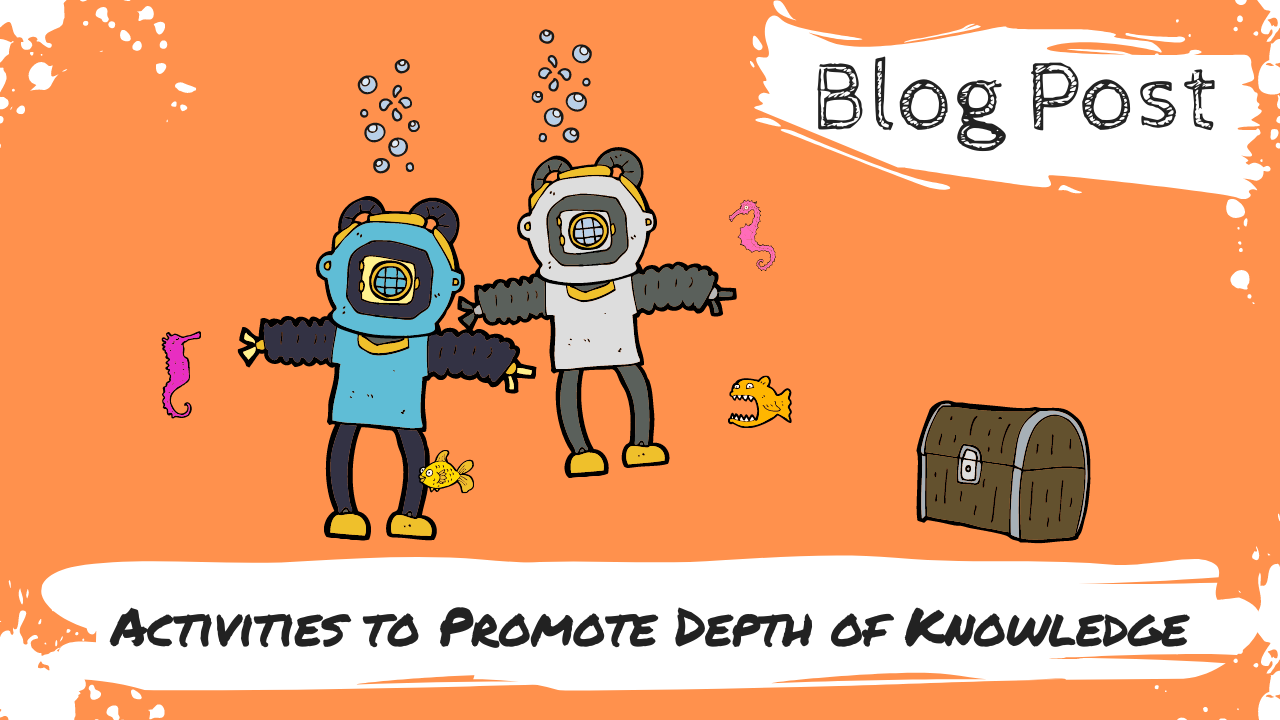
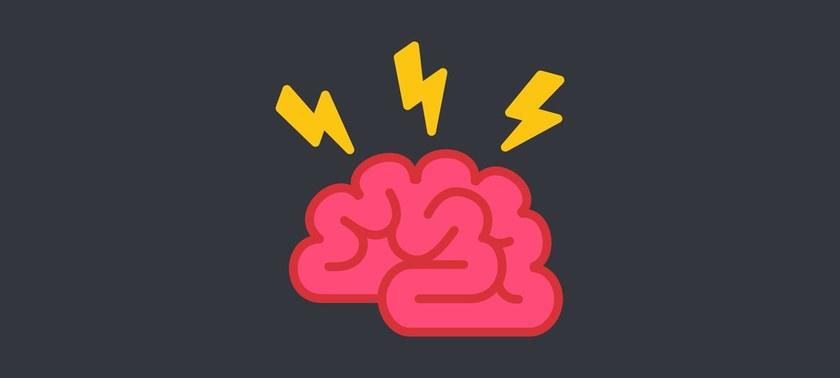

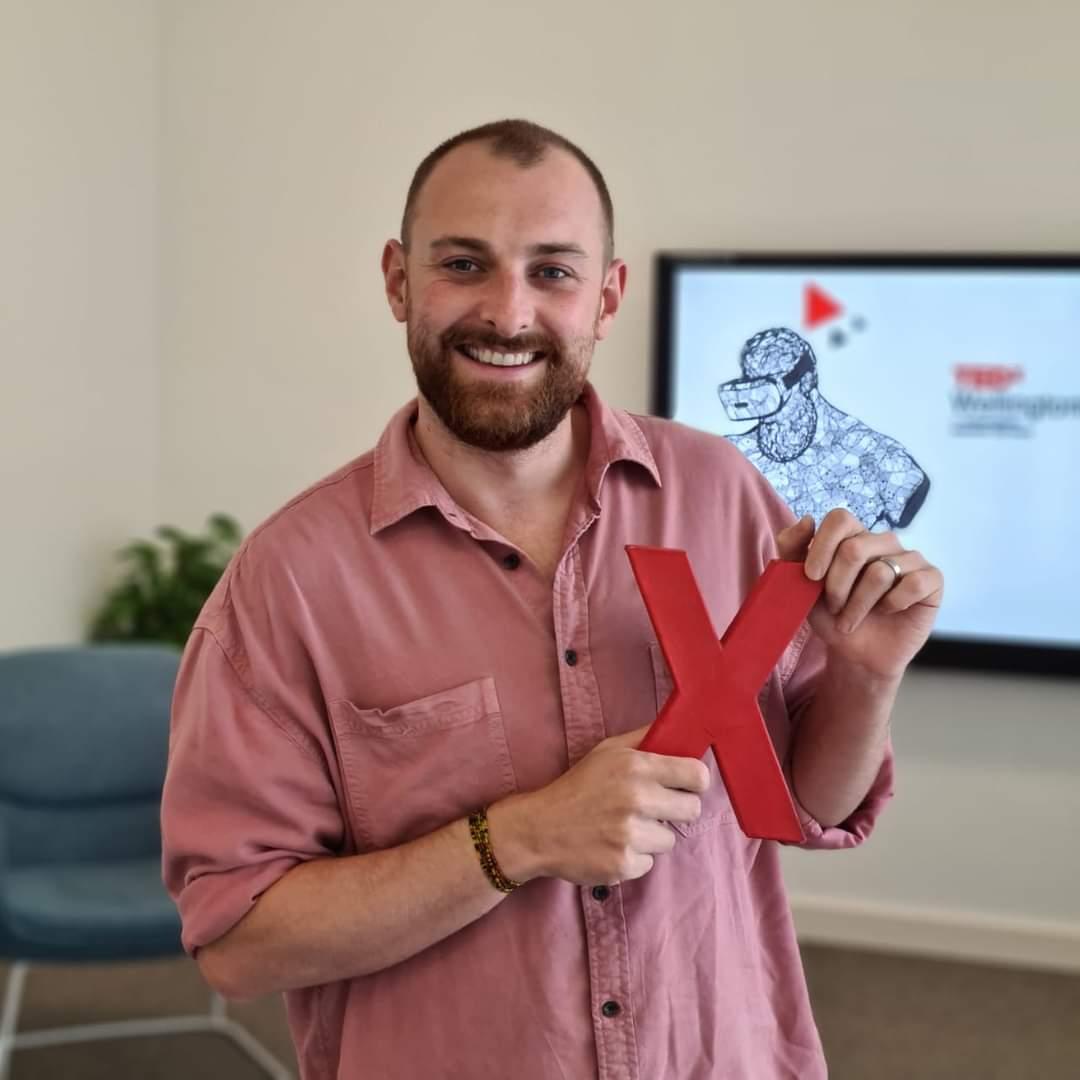


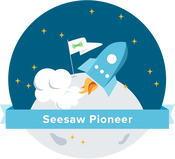

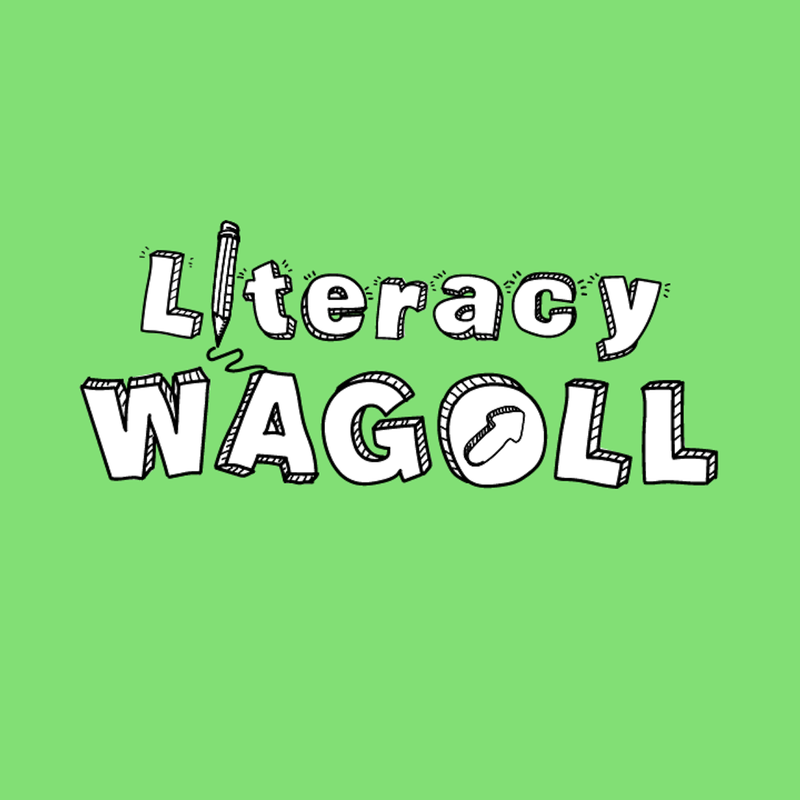
 RSS Feed
RSS Feed

